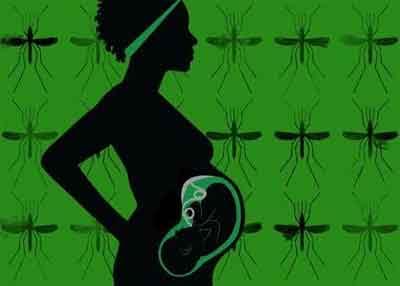- Home
- Editorial
- News
- Practice Guidelines
- Anesthesiology Guidelines
- Cancer Guidelines
- Cardiac Sciences Guidelines
- Critical Care Guidelines
- Dentistry Guidelines
- Dermatology Guidelines
- Diabetes and Endo Guidelines
- Diagnostics Guidelines
- ENT Guidelines
- Featured Practice Guidelines
- Gastroenterology Guidelines
- Geriatrics Guidelines
- Medicine Guidelines
- Nephrology Guidelines
- Neurosciences Guidelines
- Obs and Gynae Guidelines
- Ophthalmology Guidelines
- Orthopaedics Guidelines
- Paediatrics Guidelines
- Psychiatry Guidelines
- Pulmonology Guidelines
- Radiology Guidelines
- Surgery Guidelines
- Urology Guidelines
Syncope during pregnancy harmful for mother and baby: JAMA

According to a retrospective study, Syncope during pregnancy is associated with adverse outcomes for both mother and baby.
Women who faint during pregnancy, especially during the first trimester, may have a higher risk of preterm delivery, abnormal heart rhythms, or birth defects in their infants and other adverse outcomes, compared to pregnant women who do not faint.
The study has been published in the Journal of the American Heart Association.
This is the first study to analyze the incidence and impact of fainting during pregnancy in a large population. Researchers examined 481,930 pregnancies in Alberta, Canada between 2005 and 2014 for trends in timing, frequency and health complications for infants and women occurring in the first year after pregnancy among women who fainted during their pregnancies.
The researchers studied 490,000 live births (from 482,000 pregnancies) from 2005 through 2014. Roughly 1% of pregnancies had an episode of syncope.
The researchers found:
- The incidence of congenital anomalies among children born of pregnancies with multiple fainting episodes was 4.9%, significantly higher than the 2.9% among children of pregnancies with only one fainting spell.
- The rate of premature birth, at 18.3%, was higher in pregnancies with fainting during the first trimester, compared to 15.8% during the second trimester, 14.2% in the third trimester and 15% for pregnancies without fainting.
- Within one year after delivery, women who fainted during pregnancy had higher rates of cardiac arrhythmias and syncope, compared to women who didn’t faint during pregnancy.
- After an average follow-up of 4.5 to 5 years, the rates of congenital anomalies were 3.1% for children of pregnancies with syncope compared 2.6% for those without syncope.
Fainting during pregnancy has previously been thought to follow a relatively benign course,”study's senior author Kaul said. “The findings of our study suggest that timing of fainting during pregnancy may be important. When the faint happens early during pregnancy or multiple times during pregnancy, it may be associated with both short and long term health issues for the baby and the mother.”
The data suggest that women who faint during pregnancy should have closer monitoring and potential follow-up with a cardiologist after the birth, she said.
For further reference log on to:
https://doi.org/10.1161/JAHA.118.011608
birth defectscardiac arrhythmiascomplicationscongenitalFaintingharmfulHealthinfantsJAMAJournal of the American Heart AssociationmalformationsmotherPregnancypreterm deliverySyncopewomen
Next Story
NO DATA FOUND

Disclaimer: This site is primarily intended for healthcare professionals. Any content/information on this website does not replace the advice of medical and/or health professionals and should not be construed as medical/diagnostic advice/endorsement or prescription. Use of this site is subject to our terms of use, privacy policy, advertisement policy. © 2020 Minerva Medical Treatment Pvt Ltd